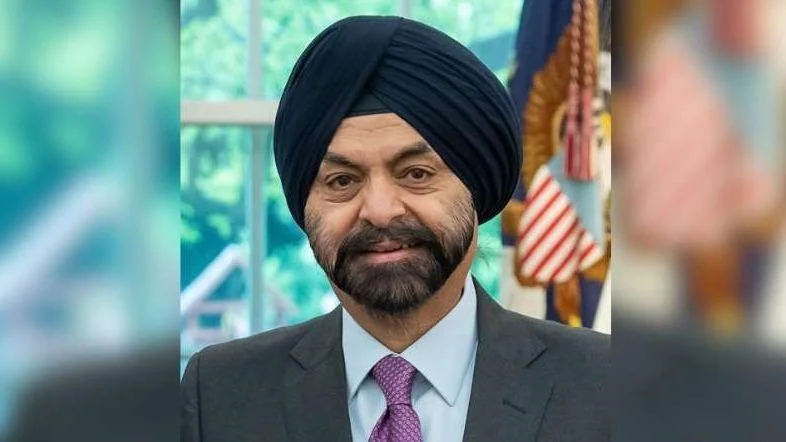In Africa, efforts to strengthen genomic surveillance have gained momentum as the region seeks to bolster its defenses against infectious diseases. The initiative, spearheaded by the Centre for Epidemic Response and Innovation (CERI) and backed by the World Bank through the Health Emergency Preparedness and Response Trust Fund, aims to enhance pathogen monitoring capabilities beyond the COVID-19 pandemic.
The Accelerating Genomics-based Surveillance for Disease-Causing Pathogens in South Africa Project, launched in June 2022, focuses on expanding genomic sequencing capacity across the continent. According to a statement, "The project has supported the sequencing of over 10,000 SARS-CoV-2 genomes, with 4,277 sequences uploaded to GISAID." While COVID-19 cases have decreased globally, the initiative has shifted attention towards other diseases like malaria, cholera, and influenza.
The Network for Genomics Surveillance in South Africa (NGS-SA) is a consortium of laboratories, including CERI, that tracks pathogens in real-time. The consortium provides essential resources such as equipment and skilled personnel to bolster genomic surveillance. The project is described as "revolutionizing genomic surveillance capabilities across Africa," a necessity to maintain public health and prepare for future outbreaks.
Another facet of the initiative is building regional expertise and capabilities. CERI, as part of the Africa Centres for Disease Control’s Pathogen Genomics Initiative, is tasked with providing genomics sequencing training to institutions across Africa. Efforts have included hosting trainees from countries such as Nigeria, Kenya, Ghana, Zambia, and Uganda to foster cross-border collaboration.
"In July 2023, CERI supported Dr. Padane and his team at IRESSEF to produce, for the first time, CHIKV genomes in Senegal," notes the report. Dr. Abdou Padane initiated viral surveillance in West Africa after training at CERI, highlighting the tangible outcomes of the training programs. This hands-on experience is helping countries like Senegal to better respond to ongoing and emerging health threats.
CERI has also acquired new technology, such as the NovaSeq X sequencing platform, to further advance laboratory capabilities in South Africa. This equipment supports local sequencing efforts, thus eliminating the need to send samples overseas. By providing cost-effective sequencing, it enhances the region’s research into healthcare challenges.
Participants of CERI training programs have expressed gratitude for the opportunities provided. Andrew Musyoki, Senior Lecturer and Scientist at Sefako Makgatho Health Sciences University, South Africa, shared his thoughts: "Amazing ideas shared during the CERI Training. So much to learn and absorb! Grateful for this opportunity. Thank you to CERI and the World Bank for making this possible."
The ongoing project is positioned as a long-term investment in Africa's health system resilience. By fostering international cooperation and advancing research, CERI and its partners are working to ensure Africa is prepared for future health challenges.
The project was detailed by Professor Tulio de Oliveira and Daniel Dulitzky, emphasizing the continued pursuit of collaborations in and beyond Africa for better preparedness and capacity building.

